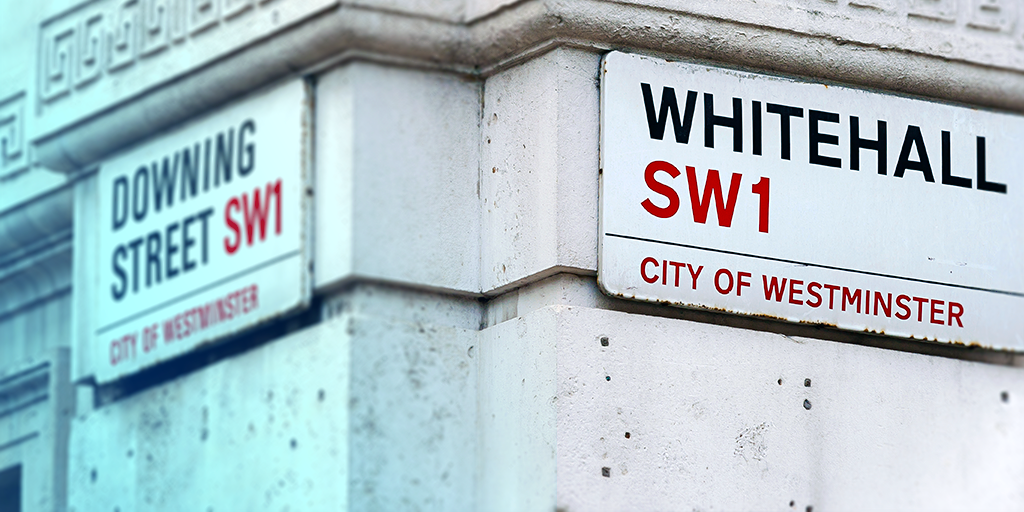
Bosses make the rules. That’s how ‘work’ works, right?
Traditionally, yes. Part of the agreement an employee makes for the privilege of working for a successful company is that they’ll follow directions passed on down to them from above.
It feels a safe bet to assert that the lion’s share of successful business strategy was achieved by companies figuring out processes first. Then – only then – fitting people into that process.
It’s true that the history of labour law is littered with employee-powered changes. Most of the health and safety directives or other issues pertaining to workers’ rights – are pushed for by powerful unions.
But for the most part, bosses get what they want.
Directors sit in the boardroom and arrange the pieces of a strategy. Then it’s up to managers to organise their people into the right places in order to achieve growth which is supposed to benefit everyone.
We might, however, be seeing an anomaly play out before our eyes.
The Workplace Battleground – Return To Office Mandates
There’s an “ugly war” (as described by one source in a Business Insider article last month) occurring on the battle plains between our home offices and our employers’ corporate headquarters in the form of return-to-office mandates.
Tensions continue to bubble at Amazon. Nearly 30,000 employees formed a Slack group and signed a petition against a memo from management earlier this year requesting teams spend the majority of their time physically present at work.
Fortune magazine reported in April that Amazon CEO Andy Jasso was doubling down on his mandate to get employees back into their offices.
Many of those employees continued to drag their feet. Arguing that various offices around the world won’t be open or ready until September. as the e-commerce giant tries to figure out the best model for the new remote work revolution.
Disney, Starbucks and many more of the world’s largest companies – all of them used to getting their own way – are facing similar hostility from employees that have gotten settled and comfortable working purely remotely.
Employees are digging in their heels against one-size-fits-all return to office mandates and, seemingly, according to experts, won’t be afraid to vote with their feet if pushed.
“Given the choice of quitting or doing something they don’t think is sustainable, many [employees] will quit,” Ron Carucci of Navalent, a leadership and consulting firm, told Business Insider.
Political Thinking
Now political parties and policymakers are weighing in as they look for leverage in upcoming elections.
In the UK, the Labour Party – currently ahead in opinion polls ahead of a 2024 General Election – are working on plans to give people the legal right to work from home as part of its manifesto.
The policy to make flexible working the default option is featured in an extensive list of proposals being formally weighed up. This ugly war isn’t slowing or calming down. If anything, it feels like two sides, neither of whom are yet ready to lose face.
If this is one of those rare events when bosses are forced to make strategy fit their people rather than the other way around, the dust will take years to settle.
Every corporation will have to find a culture of work that suits its people while understanding the implications for its ESG strategy, technology and security infrastructure, training and development – among so many other things.
Included in those ‘other things’ is the challenge of what to do with their shiny towers – their (often) vast and (always) expensive office buildings.
A Flexible Work Approach
As the stand-off between employees and bosses continues – a key point within the conflict would benefit from being raised as a reminder. Many employees want to work from home when it suits them – but not all the time. They also seem to want to use the office when it’s useful to them – all on their terms.
New Cloudbooking Report Reveals 8 Key Findings on the State of the Hybrid Workplace
The use cases – the things they want to use their organisations’ offices for – are many and varied. Client meetings; collaboration hubs; an occasional escape from a busy home-life. A convenient reason to be in the city to meet friends for a drink after work. Many and varied.
Part of any corporate’s strategy on their own version of the ‘future of work’ needs to include many things. An efficient, fully–optimised, innovative and appealing use of their bricks and mortar assets.
The future of work needs to work for people, processes, and places.
Find more insights about how you can launch your flexible or return to office plans on the Cloudbooking blog. Do you need a cloud-based solution that brings people, processes and places together? Contact the Cloudbooking team to learn more about our workplace management platform. Schedule an obligation-free demo to learn more.




